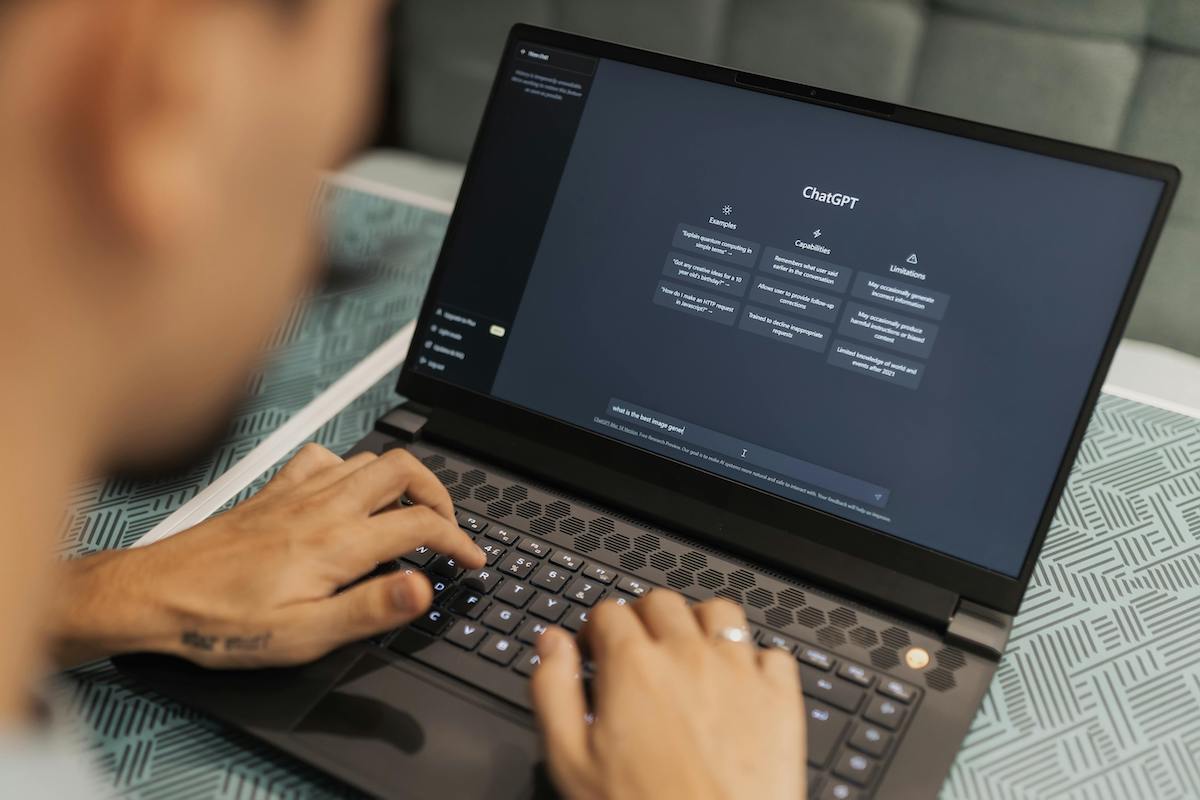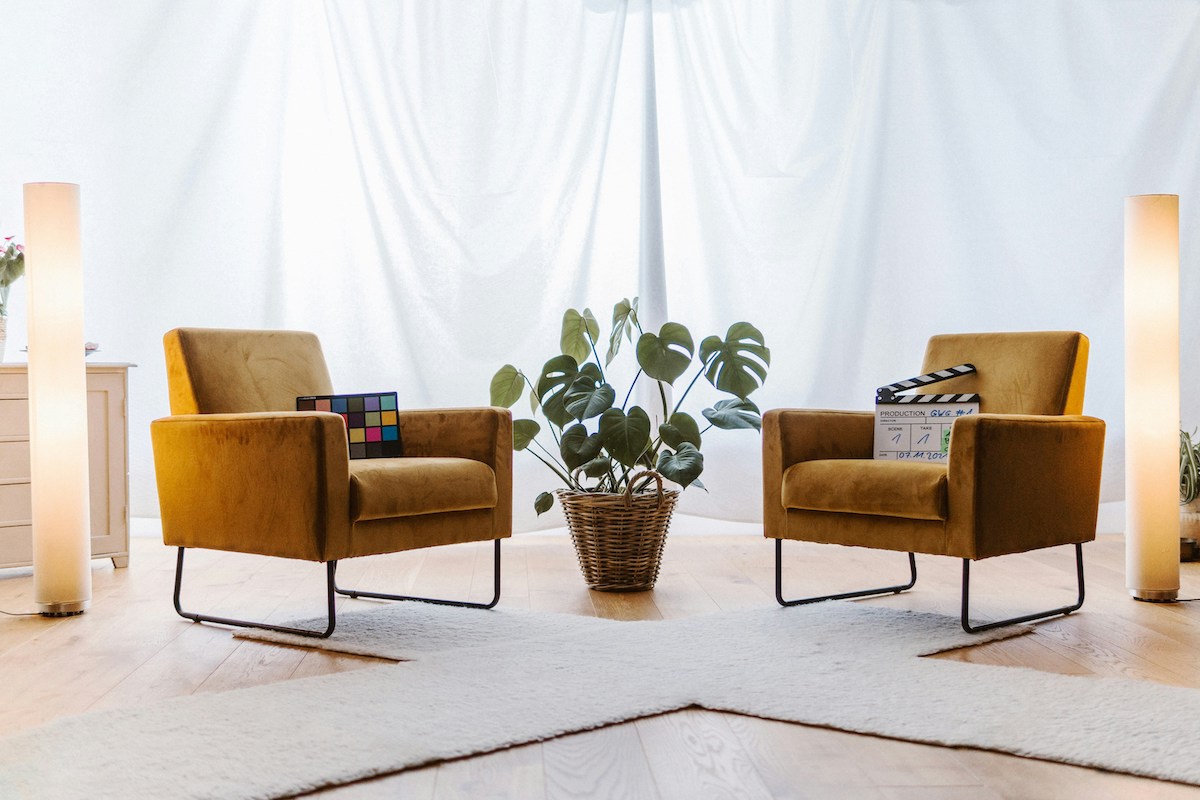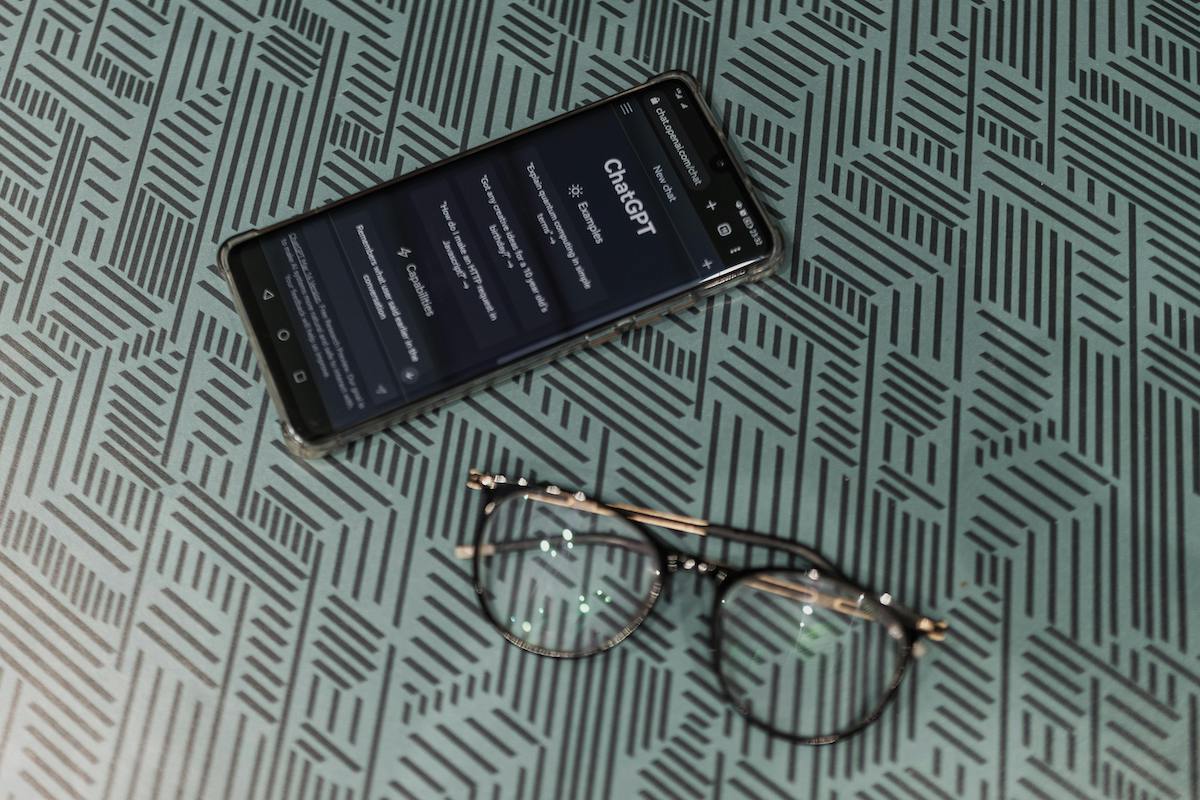Couples therapy can be life-changing, but between high session fees, long waitlists, and the emotional energy required just to get started, it’s no surprise that more people are turning to AI tools like ChatGPT to help navigate relationship challenges.
You can ask it anything, anytime. No appointments, no judgment, and at a fraction of the cost.
But can a machine really replace a therapist?
That’s the question more and more couples are asking.
As AI becomes more conversational and emotionally attuned, the line between tech support and therapy begins to blur.
So I want to take a really close look at what the research actually says about AI vs. human therapists, explore why people are turning to tools like ChatGPT for relationship advice, and consider the very real benefits (and limitations) of using AI to support your relationship.

Why People Are Turning to ChatGPT for Relationship Advice
Let’s be honest — couples therapy isn’t always the most accessible.
No matter where you are in the world, there are usually long waitlists, high hourly rates, and limited options for specialised care.
In the UK, for instance, private couples therapy can easily cost £100 or more per session. Add the emotional labour of finding a quality therapist you both agree on, and it’s no surprise that many couples feel stuck before they even begin.
That’s where ChatGPT steps in.
For less than the price of a single session, you get 24/7 access. No scheduling. No awkward small talk. Just type your problem and get a thoughtful, articulate response in seconds.
For many, that level of accessibility is empowering, especially when all they need is a neutral opinion, a little help reframing a conflict, or even just a sounding board and space to “talk something out” when a partner isn’t ready to engage.
AI also offers something few humans can: pure objectivity. No personal bias, no history, no emotional reactivity. Just a calm, measured response to whatever you bring forward.
It’s not a replacement for deep therapeutic work, but for many people, it’s a start — or at least a step in the right direction.
Can ChatGPT Really Replace a Therapist?
In a recent study published in PLOS Mental Health, researchers explored exactly this question.
They asked over 800 participants to compare responses to common mental health concerns.
Licensed therapists wrote half of the responses, and ChatGPT generated the other half.
The results were shocking!

Participants rated ChatGPT’s responses as more empathetic, culturally sensitive, and helpful than human therapists’ responses. In many cases, people couldn’t even tell the difference (the responses were indistinguishable 50 to 56 percent of the time).
So what sets ChatGPT apart?
Its answers were often longer, more validating, and emotionally attuned. It reflected back emotions with clarity and offered well-structured suggestions, which made people feel seen and supported, at least on the surface.
But these findings come with a major caveat…
Real therapy is more than giving good advice or sounding kind. It’s about building a relationship over time, attuning to nuance, and navigating the complexities that unfold across sessions.
And for all its fluency, that’s something AI can’t yet do.
When ChatGPT Might Actually Help with Relationship Issues
While ChatGPT isn’t a clinically certified therapist, it can be helpful in certain situations, especially when used strategically.
AI can be surprisingly useful if you’re dealing with surface-level conflict, struggling to communicate effectively, or needing help regulating your emotions.
It can suggest conversation starters, help you reframe a frustrating situation, or guide you through reflective questions that build self-awareness.
In fact, many people use ChatGPT to simulate what a therapist might ask.

You can type in a situation — say, a specific recurring argument — and ask, “What might a therapist ask me about this?” The response can provide insight, helping you reflect on your role in the dynamic and consider more constructive ways to respond.
It can also be helpful between therapy sessions — to journal, unpack feelings, or practice a new communication skill you’ve learned. And for those who might not otherwise access therapy at all, whether due to cost, stigma, or geography, tools like ChatGPT may serve as a stepping stone toward deeper emotional work.
Of course, it’s not a 1:1 replacement, but few people really expect it to be.
And especially for people who might not otherwise access therapy due to cost or stigma, it’s better than silence or spiraling with your own thoughts.
When ChatGPT Falls Short
ChatGPT still has real limitations, especially when it comes to the depth and nuance required for truly transformational couples therapy.

1. It lacks a sustained, personalised understanding of your relationship: A human therapist draws on your history, tone, body language, and previous sessions to shape each interaction. ChatGPT, on the other hand, starts from scratch with every prompt. That makes it helpful for isolated questions, but less effective for long-term emotional repair.
2. It’s not trauma-informed or crisis-aware: If your relationship involves high-conflict dynamics, infidelity, power imbalances, or potential abuse, ChatGPT is not a safe or appropriate resource. It cannot manage reactivity, de-escalate a fight, or hold space for deep emotional pain in the way a trained professional can.
3. Privacy Issues: While AI tools can be helpful, they don’t offer the same confidentiality or legal protections that come with working inside a regulated therapeutic relationship.
4. Lack of Accountability: A therapist is ethically bound to do no harm, to stay within their scope, and to adjust their approach based on your responses. ChatGPT can’t do any of that. It offers information, not care.
In short, it’s a great tool for support, not a substitute for expert care.
The Future: Could AI and Human Therapists Work Together?
Rather than asking whether AI will replace therapists, a more useful question might be: how can they work together?
Some clinics are already exploring hybrid models where AI tools complement, rather than compete with, human care. For example, AI could be used to:
- Offer between-session support, like journaling prompts or guided reflections
- Track emotional trends or patterns in communication for therapists to review
- Provide psychoeducational resources on common relationship dynamics
- Help clients prepare for difficult conversations with role-play scripts or communication strategies
For therapists, this could mean more efficient use of session time. The clients can arrive already aware of what’s come up for the couple since their last appointment. They might feel more supported and engaged throughout the process, not just during appointments.
Of course, for this kind of integration to be effective, it must be safe, ethical, and regulated.
Clear boundaries, data privacy protections, and transparency about what AI can and can’t do are essential. But when used thoughtfully, AI doesn’t have to be a threat to the therapeutic relationship. In fact, it might just deepen it.
So, Will ChatGPT Replace Couples Therapy?
No, but it’s already reshaping how people get relationship support.
While AI tools like ChatGPT aren’t a replacement for human therapists, they are becoming a valuable part of the emotional support landscape. They offer accessibility, immediacy, and a surprisingly high level of empathy, which makes them a powerful complement to traditional therapy.
In the future, we’ll likely see more hybrid models where AI handles the between-session touchpoints — such as check-ins, journaling prompts, and psychoeducation — while therapists focus on the deeper emotional work, complex dynamics, and clinical decision-making.
Want to explore how AI could support your relationship between sessions?
Try using ChatGPT to reflect, practice communication, or prepare for difficult conversations.
Or if you’re ready for deeper work, I invite you to book a free consultation — let’s talk about what kind of support will serve you best.